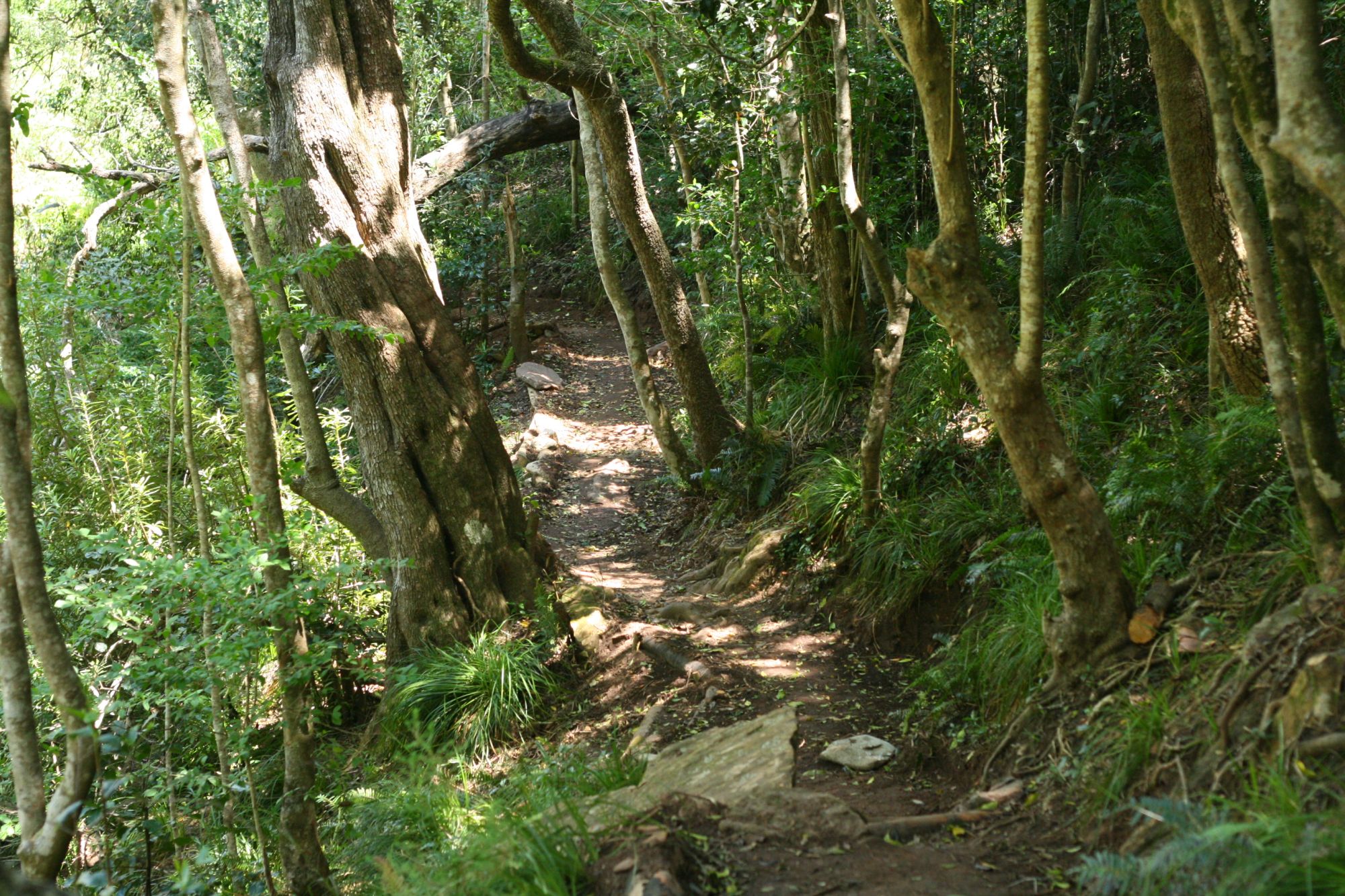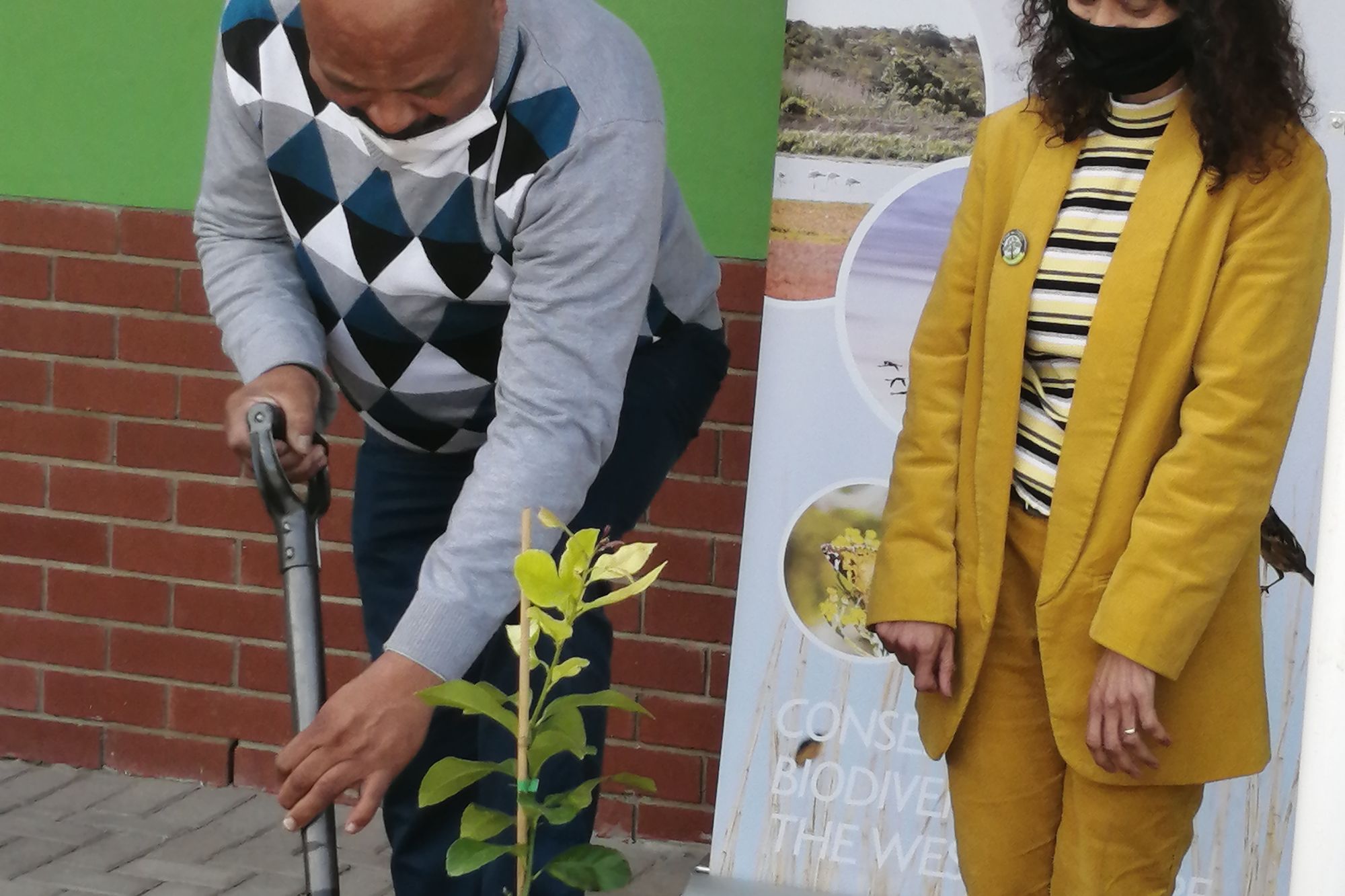
We're getting back to our roots - celebrating Arbour Week 2020
To encourage and support tree planting this Arbour Week, CapeNature is participating in a variety of tree planting events between 31 August and 4 September 2020. Arbour Day, which falls on 1 September, serves as a reminder to individuals and groups to plant trees and highlights how important they are to our survival.

CapeNature will support the planting of over 150 trees at 25 locations across the Western Cape during this week. Some of the beneficiaries include schools such as Leipoldville, Mzamomtsha and Parliament Primary. Anene Booysen Skills Centre and the Mamre Khoi group in Louwskloof are just two of the many community groups that will also benefit from the tree planting ceremonies.
Woodlands Primary School, located in Heideveld, opened its doors in July 1966 and in 2017 applied for a new school to be built. The new facility is now able to house 900 learners, but is in need of greening. To support their greening needs, CapeNature has donated eight fruit trees which will be planted on Arbour Day.

By planting trees and educating adults and children on the importance of trees, the hope is that we can minimise the negative impacts of deforestation and ensure a better understanding of this important resource. Trees are a very important part of our lives. They provide shade and shelter, timber for construction, oxygen, food, fuel for cooking and heating as well as having many other uses.
CapeNature’s CEO, Dr Razeena Omar warns: “Rampant consumerism worldwide has taken its toll on all natural resources and especially on trees as forests and woodlands are cleared for agriculture, human settlements, and other developments. Deforestation also contributes to climate change as trees capture greenhouse gases, like carbon dioxide, which slows global warming. When trees are felled, these gases are released into the atmosphere. It is everyone’s responsibility to plant a tree in order to offset adverse behaviour such as this.”
Following a ceremonial tree planting event held on 01 September, Woodlands Primary School Principle Anthony Meyer, added: “We the educators and learners of Woodlands Primary feel honoured to be part of the Arbor Day festivities in collaboration with CapeNature. It is a chance for our learners to learn the importance of trees in our daily lives and will form part of their Natural Science curriculum”.
To further support teachers and to assist schools with arranging meaningful tree planting events during arbour week, an easy to use presentation about trees and arbour day, together with an interview with a tree fun activity is being distributed to schools across the Western Cape. To access the learning material or presentation, teachers and parents can email CapeNature at learning@capenature.co.za.




